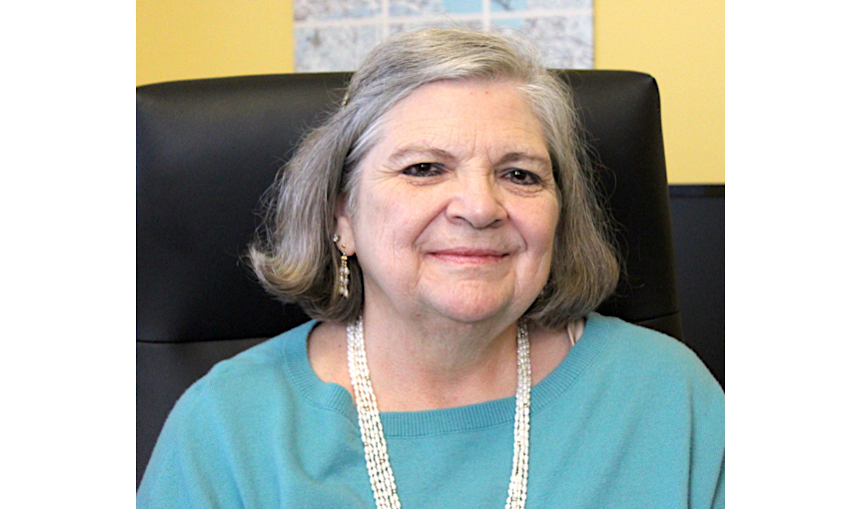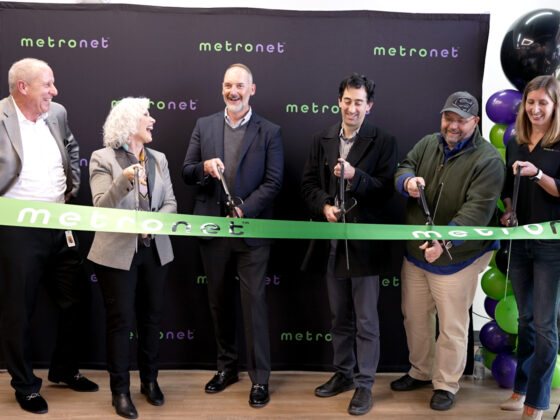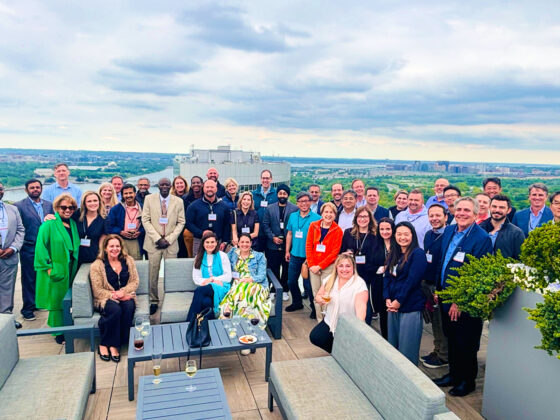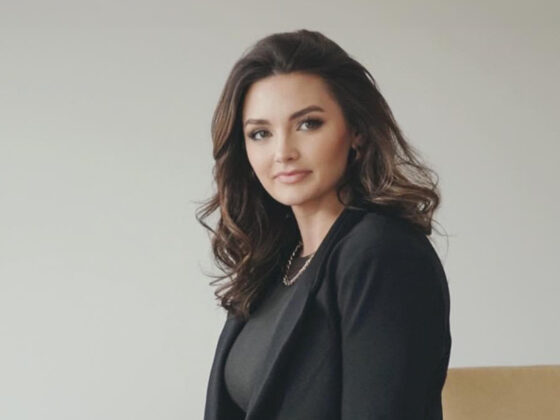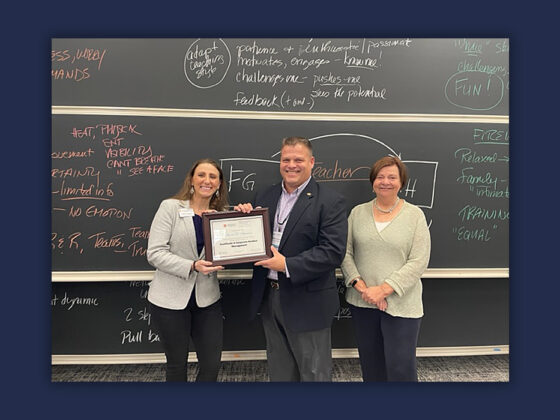Marta Keane participated in Darden Executive Education & Lifelong Learning’s The Executive Program (TEP) in 2015. Keane serves as the Chief Executive Officer (CEO) of the Jefferson Area Board for Aging (JABA), a non-profit organization that helps seniors, adults with disabilities, and caregivers and their families live independently and remain active in their communities. Keane chose TEP to learn among world-class leaders and ended up developing confidence and resiliency in herself in the process. Read more about her experience and the value TEP continues to bring to her life today.
What led you to choose TEP?
I graduated from UVA’s College of Arts & Sciences in 1976 and went on to receive my Master’s in Speech Pathology. I then went on to pursue my PhD in Audiology and realized it would be beneficial to learn more about business as I was working at a for-profit rehab company at the time. Thanks to Professor [Alec] Horniman being a trailblazer, I was able to take the second year electives and earn my business minor at Darden, which started my love for Darden.
Through the years when my company would allow me to pursue professional development opportunities, I chose to take the week-long executive programs at Darden. In 2015, I was in the CEO role at JABA and was offered the opportunity to participate in TEP. Not many non-profits participated in TEP at that point, so I jumped at the chance. I valued the opportunity to be among world-class leaders and leaders across all industries.
What were your specific goals coming into TEP?
I was looking to expose myself to new ideas, opportunities and approaches as I had with other programs at Darden, and to learn from other leaders. What was unique to me about TEP was that all the participants were at higher levels in their organizations and many of us were experiencing the same challenges, but in different industries with different types of employees. I also had the goal to step away for three weeks to focus on strategy for JABA and receive feedback from my professors and peers that I would not have been able to get otherwise. Both the case study method and experiences outside of the classroom more than allowed me to meet my goals.
Was there anything that surprised you about the program?
I always think in the back of my mind that I don’t come from the business world and expect that I’m going to be the one doing all the learning in these types of situations. However, in TEP I had the opportunity to educate others about non-profits and senior issues – I felt that I brought something unique to the table. I also think the professors did a great job of drawing that out of us by making us feel comfortable and emphasizing that we all have something to contribute.
Do you have any memorable experiences that you would like to share?
I really valued the time outside of the classroom connecting with other participants. I remember my cohort heading to the pub at the Darden Inn and forming strong bonds learning about one another. Hearing about others’ experiences made the program richer for me. Being a Charlottesville local, it was also fun to show my peers around the area.
Scott Tingle was also in our cohort and he gave each of us the opportunity to join an exclusive email list and Facebook group hosted by NASA, so I was able to see special events as he was going into space a couple of years after TEP. He brought each of us back a small American flag that had gone up to the space station with him. I was very touched by the camaraderie that was created in just three weeks.
What were your biggest takeaways from TEP?
I took back confidence. Non-profits are businesses and have to run as strong and sustainable ones. TEP gave me a strong foundation in decision-making and how to present my decisions. I work with a Board of Directors and have been able to guide them to make solid decisions and feel comfortable with those decisions.
TEP also taught me resiliency. In 2018, I had a spinal stroke in Australia and was paralyzed from the waist down. I returned home and had full support of the Board to take three months to focus on my recovery before coming back to work. During that time, I was dedicated to doing whatever was necessary to recover. The resiliency you need to have in business is the same resiliency that you need in your personal life. Less than six months after the stroke, I was able to stand and give a presentation to my staff on resiliency. I spoke about an idea I had in rehab that I would commit to taking three more steps past the distance I was supposed to go to get stronger and keep making small progressions. That idea of “three more steps” was a mindset that the staff adopted and took back to their work with seniors.
Is there anything from TEP that you continue to use today?
One of the big themes of TEP was how you were going to prepare your organization as a leader to be able to adapt to change. Particularly in the last year when the COVID-19 pandemic hit, our seniors were the most vulnerable population. We had to look quickly at the areas where we were face-to-face with people and evaluate how we were going to shift. We had to close our centers to protect their safety, but we still needed to support our seniors.
As a leader, I took two actions. First, I communicated to our staff that they would continue to receive full pay and benefits. Second, I implemented a rule that employees had to talk with their seniors once per week and every manager had to talk with every employee once per week because connection was critical. Then from there, I let the team get creative. They started conference call bingo and trivia – games our seniors love. Then our volunteers started implementing online initiatives to help maintain connection. I think the reason our staff was inventive and adaptable was because I had committed to guaranteeing their full pay and benefits despite the centers being closed. And I had to full support of the Board. The centers reopened in September, but as a result of COVID, we now have a JABA at Home program that we will continue.
What would you say to someone who was interested in TEP?
TEP really covers all aspects of development – ethical, business strategy, physical. The professors model leadership because almost all of them have worked in the private sector or do some consulting. The way in which they conduct classes, they’re not just teaching a case study and saying this is how you do it – they’re modeling it in the way they teach. Also, the informal opportunities and camaraderie are equally as important to the experience.
Learn more about The Executive Program: Strategic Leadership at the Top and how it may help you reach your career or organizational goals.

